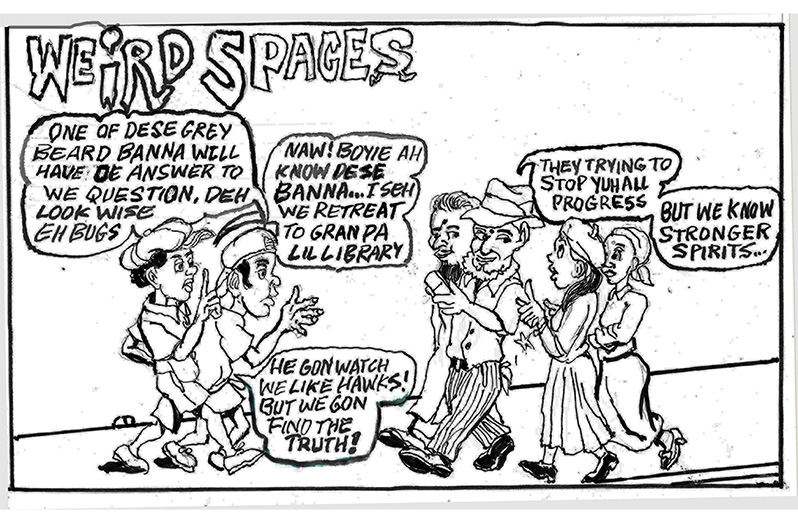MOST of the things we learn are gained for better or for worse, not from direct instructions from our parents or relatives, but instead from the world around us. All that we absorb will not serve us positively. But that will depend on the logic and the references that those close to us elaborate on, in relation to the real world we will have to engage — and which will engage us — that we become exemplary of when situations arise.
I did not grow up with my father, but we spent time together. He would always insist, for instance, that possibly some chap with a Moses beard fits an accepted costume that people have become accustomed to as a source of knowledge, honesty and proposing to be above query. But that’s how society is — he who is dressed to convince.
Old people with their proverbs always insist that not all that glitters is gold. We have always had conmen and women, who, back then, used Hollywood stage costumes and hairdos up to the ’70s to sell houses, investment ideas, and misplaced trust. Many of them were certified enough to convince.
What knowledge does is create trust that is genuine, helpful, or deceptive. The latter wears a mask of courtship, capturing your confidence and exploiting your immediate passion.

That’s why you need to know. Listen carefully. If you have something to sell, explore its market price. Try to understand its advantages or disadvantages. This can also relate to the gang you move with. Learn from other people’s experiences.
That brings us to two dispositions: one of keen distrust, accompanied by a smile and a promise of co-operation, albeit with no paperwork completed. Putting your signature on a piece of paper is not wise unless it is properly explored and understood.
No harm in double-checking. It’s all part of checking things out. However, first, get to know the legal world. That can protect or distort what you’re interested in and damage your peace of mind.
Remember, without bad intentions, some may interpret things based on feelings, and feelings can be dangerous and misguiding.
Remember that we all have friends or acquaintances whose siblings and close friends have been swindled. Your parents have sibling stories to tell, too, but in many instances, they restrain themselves, which, in many cases, can be explained as not starting a fire.
However, they warn against doing business with an uncle, cousin, or aunt, this or that — which, if eventually translated, speaks to the trust factor in our current world: the legal paperwork, rather than oral trust; retreating to the ancient covenant sealed in ink, and today’s laws and legal rules.
The other parent is essentially the man in the street — some aware of, but not knowing; others remembering pieces of conversations overheard. The other parent can only affect you if you’re too lazy to check things out.
It might not be done with wild malice, but with the sober relating of what is not the truth, so far.











